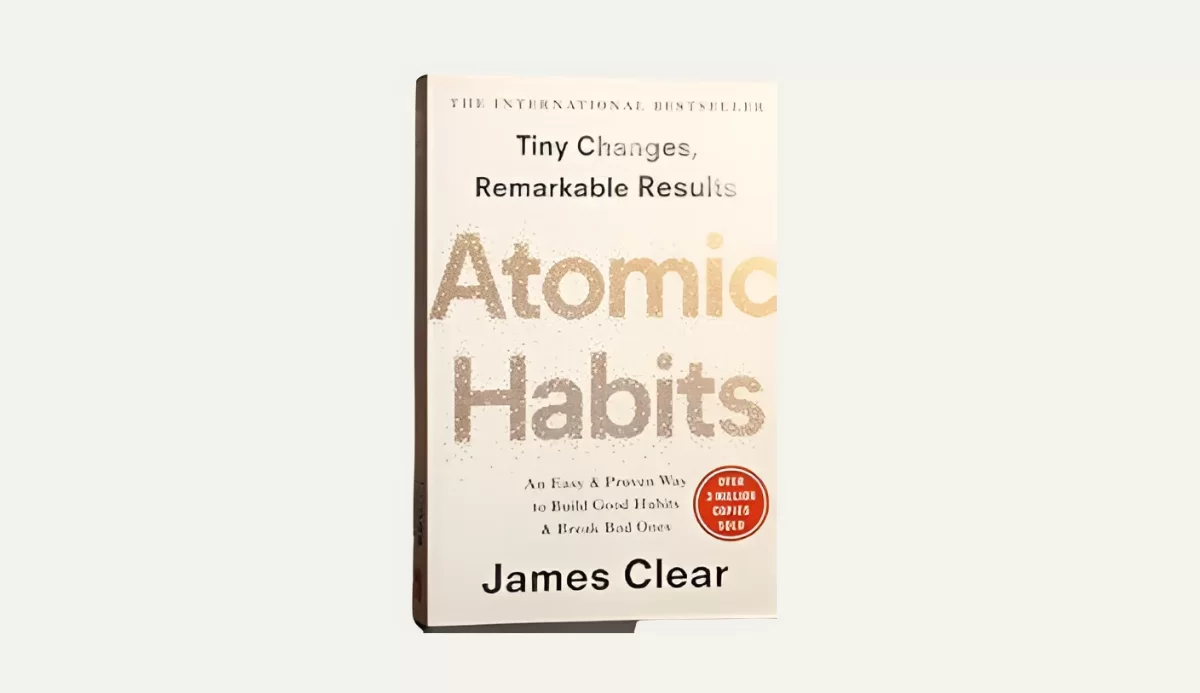
You know that voice in your head—the one that whispers “you’re not good enough” right before big moments? Here’s the thing: building genuine inner confidence isn’t about silencing that critic completely (trust me, I’ve tried), but rather rewiring your relationship with yourself through intentional self-love practices. These eight strategies aren’t just feel-good fluff—they’re research-backed methods that’ll transform how you show up in the world, and the first one might surprise you.
Practice Daily Positive Self-Talk and Affirmations
While it might feel awkward at first—trust me, I used to cringe when my therapist suggested talking to myself in the mirror—daily positive self-talk and affirmations can genuinely rewire your brain’s default settings from self-criticism to self-compassion.
Here’s what actually works: replace that inner critic’s voice with statements that acknowledge your capabilities. Instead of “I’m terrible at presentations,” try “I’m developing stronger communication skills with each opportunity.” This isn’t toxic positivity—it’s neuroplasticity in action, the brain’s ability to form new neural pathways through repetition.
Research from Stanford shows that self-compassionate people demonstrate greater resilience and motivation than their self-critical counterparts. Start small: choose three specific affirmations that feel authentic, not cheesy, and repeat them during your morning routine until they become automatic.
Set Healthy Boundaries With Others and Yourself
The strongest act of self-love isn’t saying yes to everything—it’s knowing when to say no, and honestly, this took me years to figure out after burning myself out trying to be everyone’s go-to person.
Setting boundaries means creating clear limits about what you’ll accept from others and yourself: saying no to extra work when you’re already overwhelmed, refusing to engage with people who drain your energy, or even setting limits on your own perfectionist tendencies.
Research shows that people with strong boundaries experience less anxiety and higher self-esteem because they’re not constantly overextending themselves.
Start small—maybe it’s not answering work emails after 8 PM or telling that friend you can’t be their unpaid therapist anymore.
Celebrate Your Small Wins and Progress
Most of us are absolutely terrible at recognizing our own progress—I used to dismiss finishing a tough project as “just doing my job” while simultaneously celebrating my friend’s decision to try a new coffee shop like she’d climbed Everest. You’re probably doing the same thing: minimizing your achievements while amplifying everyone else’s wins.
Research shows that celebrating small victories triggers dopamine release, creating a positive feedback loop that fuels continued progress and builds genuine confidence from within. Start tracking your daily wins—whether it’s speaking up in a meeting, choosing a nourishing meal, or simply getting through a challenging day. Write them down, share them with trusted friends, or create a “win jar” where you collect these moments. Your brain needs evidence of your capability.
Embrace Your Imperfections as Part of Your Uniqueness

Since perfectionism is basically just fear dressed up in designer clothes, let’s talk about why your so-called “flaws” are actually your secret weapons for authentic confidence. Research from Stanford shows that people who embrace their imperfections demonstrate higher resilience and emotional intelligence—qualities that command respect in any room.
Your quirks, whether it’s your tendency to ramble when passionate or that crooked smile you’ve always hated, create what psychologists call “authentic differentiation”—basically, they make you memorable for all the right reasons. I used to hide my overly expressive hand gestures until I realized they made my presentations more engaging.
Your imperfections aren’t bugs in your system; they’re features that separate you from the perfectly polished—and perfectly forgettable—crowd.
Prioritize Self-Care Without Guilt or Apology
When you catch yourself apologizing for taking a bubble bath or feeling guilty about saying no to another commitment, you’re fundamentally telling yourself that your well-being comes last—and that’s a confidence killer disguised as martyrdom.
Research from UC Berkeley shows that people who practice unapologetic self-care exhibit 23% higher self-efficacy scores—basically, they believe more strongly in their ability to handle life’s curveballs.
Here’s the thing: self-care isn’t selfish indulgence; it’s strategic maintenance of your most important asset—you.
Start treating your needs like non-negotiable appointments. Schedule that workout, book the massage, take the mental health day without crafting elaborate justifications. I used to explain my weekend yoga sessions like I was defending a dissertation, until I realized powerful people don’t apologize for investing in themselves.
Challenge Your Inner Critic With Evidence-Based Thinking
Your inner critic operates like a prosecuting attorney who’s never lost a case—it presents compelling arguments, cherry-picks evidence, and makes you feel like you’re guilty until proven innocent. But here’s the thing: you can become your own defense attorney by demanding actual evidence for those harsh judgments.
When your inner critic whispers “you’re not qualified,” challenge it with concrete proof of your accomplishments—that project you completed, the skills you’ve developed, the problems you’ve solved. Research shows that cognitive restructuring, the practice of examining and challenging negative thoughts, substantially reduces self-criticism and builds confidence.
Start treating your thoughts like witness testimony: cross-examine them, ask for specifics, and demand proof. You wouldn’t convict someone on hearsay alone.
Surround Yourself With Supportive and Uplifting People

The five people you spend the most time with shape who you become—a concept psychologists call “social contagion”—and if those five people constantly drain your energy, criticize your dreams, or treat negativity like an Olympic sport, you’re fundamentally choosing to live in an emotional hurricane.
Confidence isn’t built in isolation; it’s cultivated through relationships that reflect your worth back to you. Start auditing your social circle—identify the cheerleaders, the dream-squashers, and everyone in between. You don’t need to dramatically cut people off (unless they’re toxic), but you can strategically invest more time with those who celebrate your wins, support your growth, and model the self-love you’re trying to develop.
Create a Personal Success Journal to Track Your Growth
While surrounding yourself with positive people creates the external foundation for confidence, documenting your internal victories—no matter how small they seem—becomes your personal proof that growth isn’t just happening, it’s measurable.
Think of your success journal as your personal highlight reel, capturing moments when you pushed through fear or chose self-compassion over self-criticism. Research shows that people who track their progress are 42% more likely to achieve their goals—your brain literally rewires itself when you acknowledge wins.
Here’s what to capture:
- Daily micro-victories: From speaking up in meetings to choosing a nourishing meal
- Emotional breakthroughs: Times you handled anxiety differently or set healthy boundaries
- Skills development: New competencies you’re building, however incrementally
You’re creating tangible evidence of your evolution.
Conclusion
Building inner confidence isn’t about perfection—it’s about progress, and you’ve got the roadmap now. These eight practices work because they’re rooted in self-compassion, not self-criticism. Start with just one that resonates most: maybe it’s challenging that harsh inner voice, or finally setting boundaries without guilt. Recall, confidence grows through consistent small actions, not grand gestures. You’re already worthy of the love and respect you’re learning to give yourself.





Leave a Reply